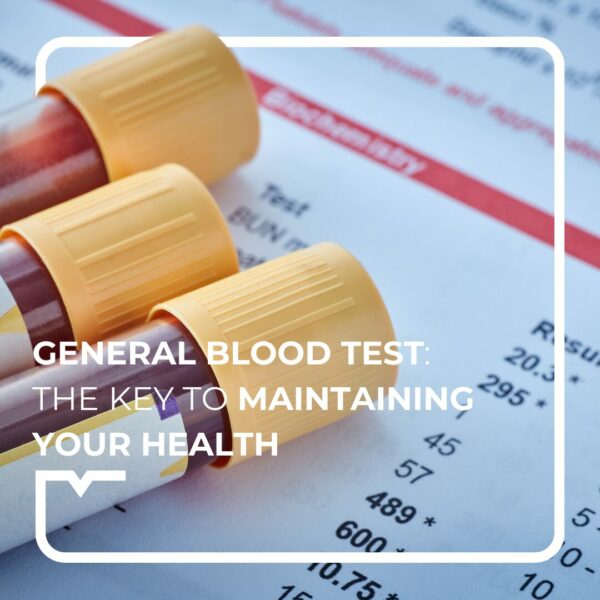Baby is on the way ! If A healthy and varied diet provides the most fundamental vitamins and nutrients, this is not always enough during pregnancy, where intakes must be duplicated. Today we’ll take about pregnancy vitamis.
Which vitamins are most important during the preconception phase?
When you want to conceive a child, it is recommended that you take folic acid supplements and increase your iodine intake.
Folic acid is intended to reduce foetal malformations, including neural tube defects such as spina bifida. Ideally, folic acid supplementation should begin 2 months before stopping contraception, and consists of a daily dose of 400 μg.
Iodine is also very important for the neurological development of the unborn child. It is therefore advisable to increase the intake of foods which contain iodine when trying to conceive. However, taking supplements is not always required, so it is best to discuss this with your doctor.
Which vitamins are important during pregnancy?
- Folic acid
It is important to maintain a daily supplement of 400 μg of folic acid until 12 weeks of pregnancy. This is an important vitamin for pregnancy, as it helps prevent foetal malformations. In addition to this it is essential to increase the consumption of foods rich in folic acid, such as:
- Cereals
- Eggs
- Beans
- Oranges
- Iodine
Iodine is essential for the proper maturation and development of the central nervous system of the foetus. During pregnancy, a woman’s iodine requirement increases from 150μg to 250μg per day. This additional intake can be found in the diet, particularly in:
- Seaweed
- Fish and seafood
- Dairy products
Please note that iodine is not advised for cases of thyroid-related diseases, and only the doctor can decide to prescribe iodine supplements in the event of a deficiency.
- Iron
Iron intake is essential during pregnancy as the mother’s blood volume increases. Also because she must supply the baby with blood. If there are no side effects (such as abdominal pain and constipation), a daily supplement of 30 to 60 mg orally can be prescribed at least during the 2nd and 3rd trimesters of pregnancy. It is also advisable to eat a diet rich in iron, which can be found in, for example:
- Legumes
- Seafood
- Red meat
- Poultry
- Cereals
It is important to specify that meat, fish and seafood should be eaten well cooked! Otherwise, there is a risk of toxoplasmosis if the woman is not immunised.
- Calcium
Finally, calcium plays an important role in the construction of the baby’s bones and teeth. If the baby lacks it, it will draw on its mother’s reserves, which can lead to a risk of low birth weight and high blood pressure in women. Thus, calcium-enriched foods are preferred:
- Dairy products
- Almonds
- Green vegetables
Calcium supplements can be prescribed by the doctor if necessary or if the intake cannot be properly provided by the diet.
- Others
Other vitamins may also be recommended on a case by case basis. These include:
- Vitamin B12, to make up for deficiencies due to a lack of animal meat
- Fibre, to treat constipation, which is common during pregnancy
- Omega-3, essential to reduce the risk of premature pregnancy
- Vitamin D, to complement calcium
There are also special food supplements for pregnant women. They contain all the vitamins and minerals necessary for pregnancy.
Why take food supplements during pregnancy?
Of course, a healthy and varied diet provides most of the fundamental vitamins and nutrients, but at this stage this is not always enough, as some of the intake must be duplicated. Supplements can fill this gap, particularly for calcium and folic acid as well as fibre for women with specific diets (vegetarianism, veganism, etc.).
For professional advice, ask your obstetrician.
Beijinhos.
This information is not a substitute for medical advice.
You must seek the advice of your doctor or another qualified health professional with any questions you may have regarding your health condition.



